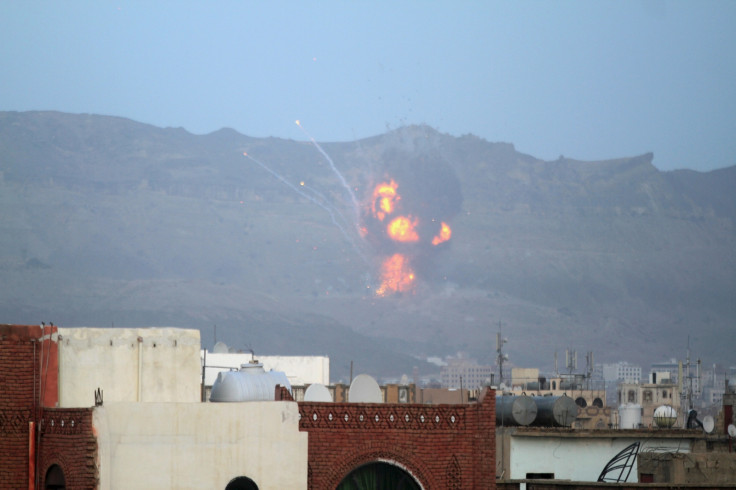Yemen delegates to return home as Geneva talks fail to seal deal

Rival Yemeni factions who gathered in Geneva for talks to end the conflict have failed to secure a deal after four days of intense wrangling.
The delegates are set to return home with lingering hopes even as hospitals across Yemen are overflowing with the war-wounded.
Even the month of Ramadan, which is usually considered holy in Islam, has failed to secure a short-term ceasefire between the rivals.
"There was no kind of agreement reached. Both parties had divergent views," said UN moderator and Mauritian diplomat Ismail Ould Cheikh Ahmed.
"A humanitarian pause and a ceasefire should be part of confidence-building measures before any future talks.
Ahmed, who had been shuttling between the two sides, added: "There is a certain willingness from all parties to discuss issues around a ceasefire accompanied by withdrawal... I personally come out from these few days with a certain degree of optimism that we can achieve this [in further consultation] in the coming days."
The diplomat will travel to New York over the weekend to brief the UN Security Council, which needs to ratify any proposal.
The talks, which ended on Friday, 19 June, were marked by a brawl among the delegates after an anti-Houthi protester hurled a shoe at a Houthi leader.
Both sides blame each other for the talks logjam and no dates have been agreed for the next round of negotiations.
Riad Yassin, Yemen's exiled foreign minister, said: "We really came here with a big hope and still we are optimistic that we will go into a peaceful solution for Yemen under the umbrella of the United Nations. But unfortunately the Houthi delegation did not allow us to really reach all progress as we expected. This is not getting as much success as we hoped but it doesn't mean that we have failed."
Hopes were riding high that the talks would come up with a deal to end the prolonged conflict. More than a million people have been displaced, hunger is rising sharply, and at least 2,800 people have been killed since the beginning of the fighting. It is estimated that more than 20 million people are in dire need of aid due to the crisis.
© Copyright IBTimes 2025. All rights reserved.






















